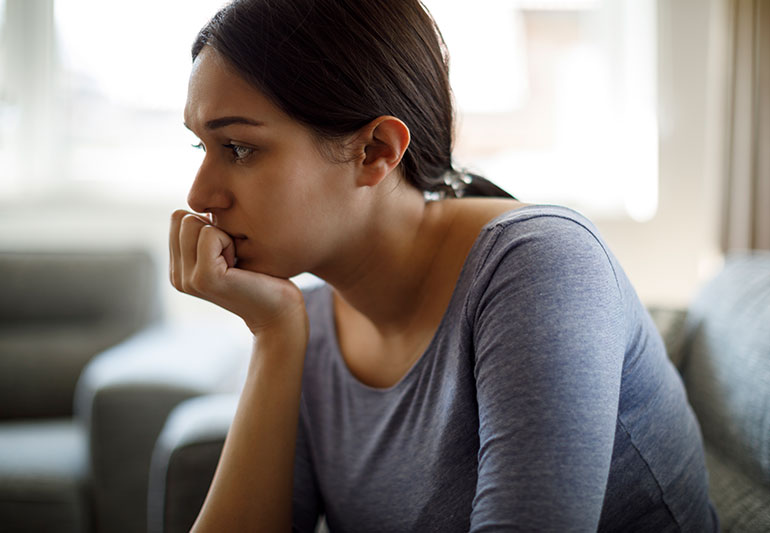If you’ve been looking for a way to reduce the stress in your life, then microdosing might be just what you need. It’s an alternative treatment that uses a tiny dose of psychedelic drugs – such as LSD or psilocybin – to improve your mood and overall happiness. And it actually can work!
What is microdosing?
Table of Contents
Microdosing is the practice of taking very small doses of medication, typically 50 to 100 micrograms, or one-tenth of a milligram. The purpose is to receive a therapeutic effect without the side effects of larger doses.
Microdosing is gaining popularity as a way to improve mood, energy, focus and creativity. Some people microdose for general health benefits while others use it as an add-on treatment for mental health conditions like anxiety and depression.
How do you microdose?
Microdosing is a term used for taking very small doses of drugs, typically under 100mg, to achieve desired effects. When microdosing, it is important to keep in mind that the effects of a drug will vary depending on the person. Some people may feel no effect at all, while others may feel a subtle change.
There are many benefits to microdosing, including microdosing for depression, reducing anxiety and stress, improving mood and cognitive function, and helping to increase energy levels. There are also some risks associated with microdosing, so it is important to be aware of these before starting.
If you are considering microdosing for any reason, it is important to speak with a doctor first. They can help you determine the best dose for you and advise you on any potential risks.
What are the mental benefits of microdosing?
Microdosing is the act of taking a very small amount of a drug, such as LSD, Mescaline, or Psilocybin, for the purpose of gaining mental benefits. Although the mental benefits of microdosing have not been extensively researched, there are some potential benefits that could be associated with this practice.
One study that looked at the mental effects of microdosing LSD found that it produced a “subtle and long-term mood enhancement” in participants. This enhancement was most pronounced in people who had difficulty regulating their moods, and it led to increased creativity and productivity. Additionally, microdosing has been shown to be an effective treatment for anxiety disorders and depression.
According to one study, people who microdose tend to experience less anxiety and fewer depressive symptoms than those who don’t. Additionally, research shows that microdoses can help to improve cognitive function and reduce feelings of distress. Therefore, if you are struggling with depression or anxiety, microdosing may be an effective way to improve your mental health.
Benefits of taking a higher dose
Microdosing can have a number of benefits for people with depression, anxiety, and other mental health issues. By taking a higher dose of medication than is necessary to treat the condition, microdosing may provide some of the same benefits as traditional treatment but without some of the side effects.
One study found that people who microdose antidepressants were less likely to experience side effects such as sexual dysfunction and weight gain. Additionally, microdosing may help to improve mood and cognitive function. In some cases, it can even be more effective than traditional treatment.
There are a few things to keep in mind when microdosing antidepressants, however. First, it’s important to start with a low dose and increase over time if necessary. Second, always speak with your doctor before starting this type of therapy. Finally, be aware that there is no proof that microdosing will work for everyone, so don’t expect it to cure your depression overnight.
Who should not take microdoses
There is no one-size-fits-all answer to this question, as the best way to approach microdosing may vary depending on the individual’s unique circumstances and mental health condition. However, some people who should not take microdoses include those who are pregnant or breastfeeding, those who are taking prescription medication, and those who are under the influence of alcohol or other drugs. Additionally, some people may find that microdosing does not work well for them and should stop using it altogether.
Conclusions
Microdosing has been linked to improvements in mood, productivity, creativity and focus. The practice is also said to help with anxiety and addiction. However, there is still much research that needs to be done in this area. So far, the evidence suggests that microdosing can be an effective way to manage symptoms of depression and other mental illnesses.

